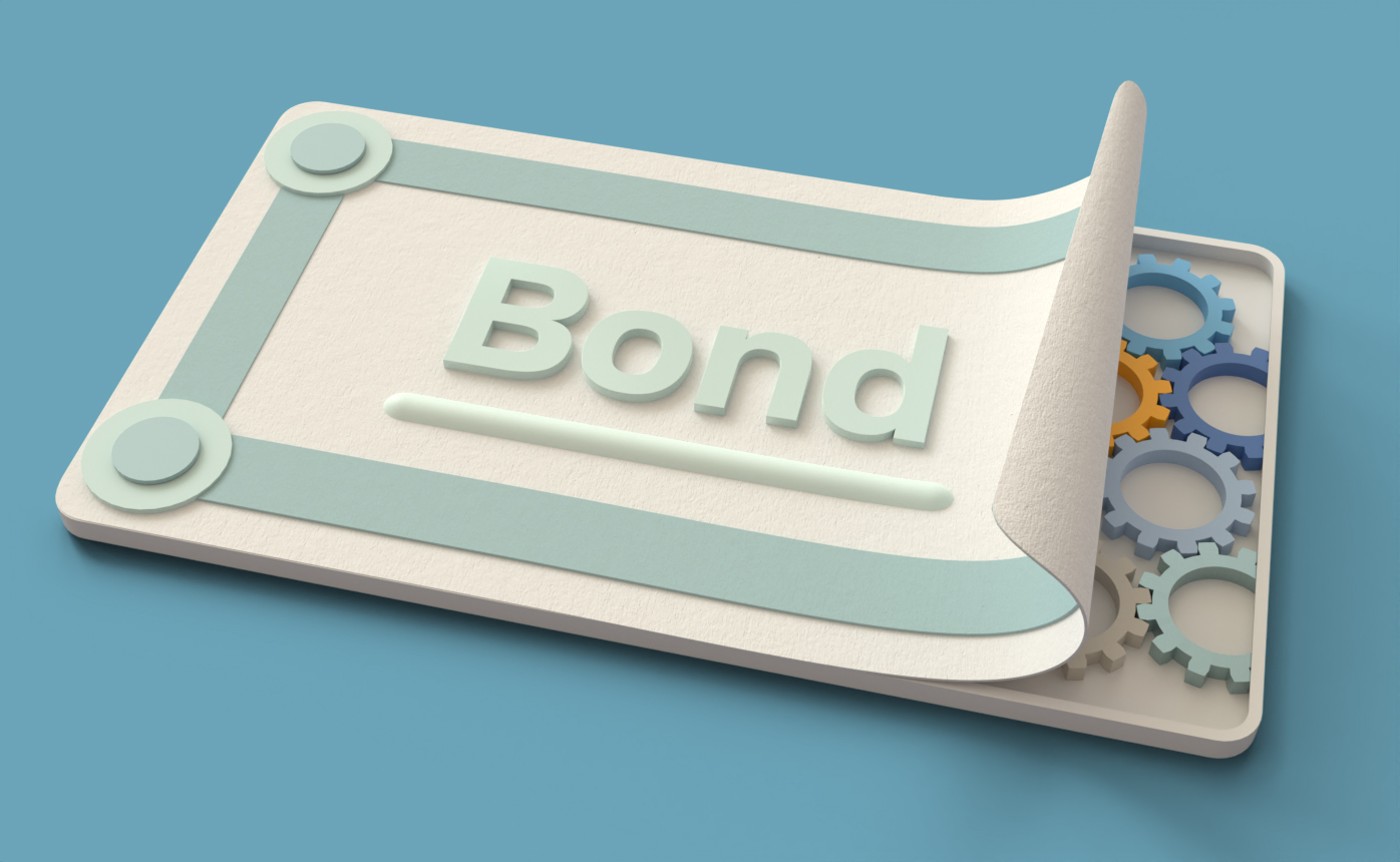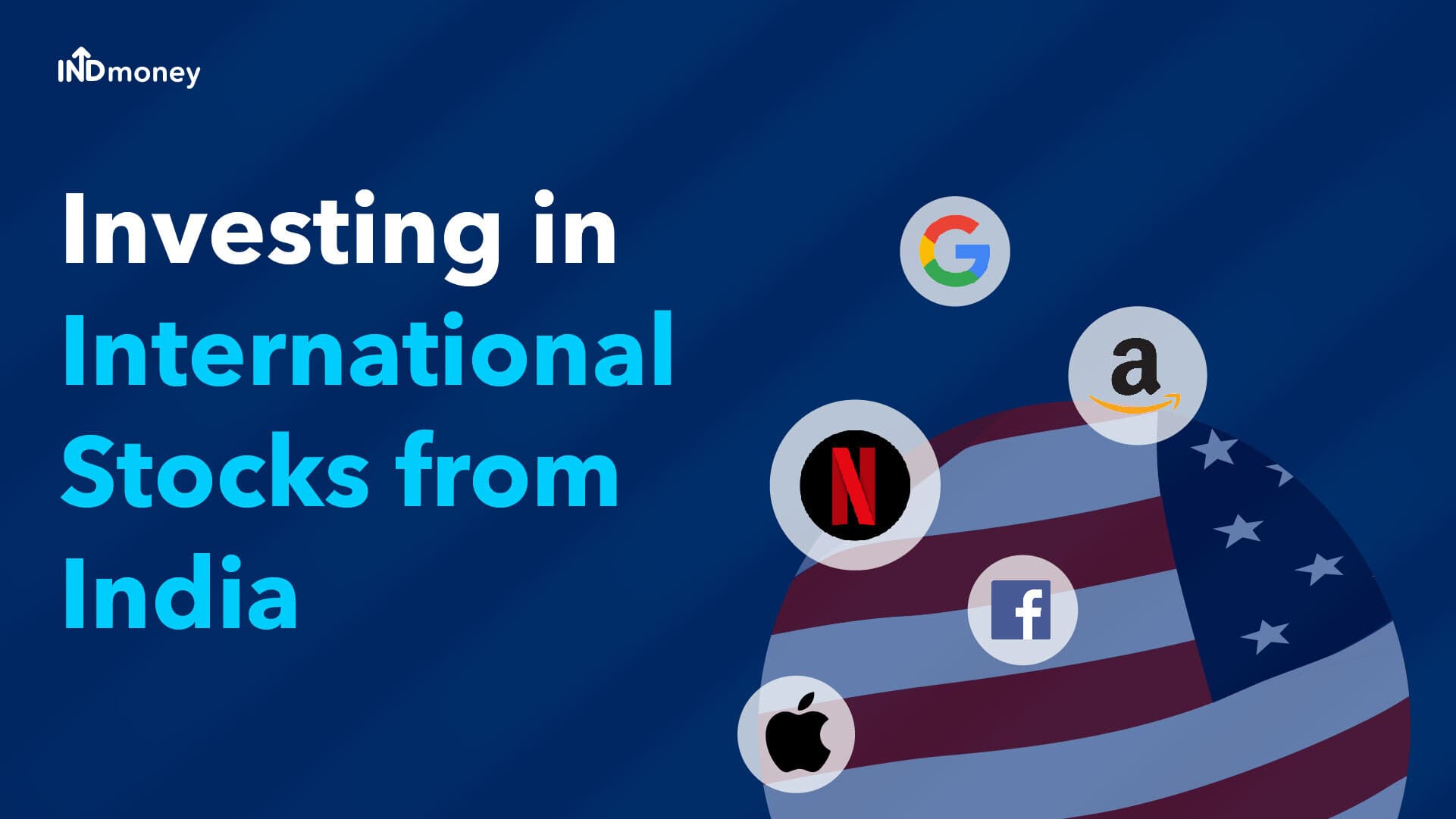
Having a good grasp of the forex spread is essential to becoming a successful forex trader. It is a measure of the difference in price between buying and selling a currency. A large spread indicates a market that is volatile and lacking in liquidity, while a small one indicates a well-liquid market.
The forex spread is often described as a variety of pips (or pip-sized increments) based on the general demand and supply for the pair. External market factors such as geopolitical instability can also have an impact on the spread. Spreads can vary between currency pairs. Some have spreads that exceed 20 pips while others are larger.
For many traders, the spread is not a big deal. Both forex traders and non-forex trader alike will benefit from a thorough understanding of the spread's effects. Spreads can lead to re-quotes which can result in traders losing their profits. A large spread can also affect liquidity, which can reduce its utility for both short-term and longer-term traders.

The spread is often also called the bid -ask gap or the bid -ask margin. It is a term that incorporates both. The bid-ask difference is the price at which a forex market maker is willing to buy or sell the base currency. The spread for the dollar is generally smaller than that for other currencies, especially exotics.
It is important to have a forex spread calculator in your toolbox. There are several available online. To calculate a spread estimate, you will typically need to enter the currency units you want to trade, as well as the trade size and number of lots. Fixed spreads eliminate the guesswork that comes with trading forex.
You'll need a forex spread calculator. But you also need to look at the chart in your broker’s trading platform. Here are the major moves and shakes in the spread and which currency pairs should you be monitoring. You'll also want to keep an eye out for the most important news and events that could have a big impact on the spread.
You should also consider the time of day when you are trading. While the spread is smaller during the early morning hours in the European trading session, the spread is likely to be much higher in the Asian session. It is also more likely that the spread will be greater during the Asian session's nighttime hours. This is when the forex markets are at their most active. The spread offered by foreign exchange brokers is also important if your destination is abroad.

Forex spread is the difference in pips between the ask and bid prices for a currency pair. It is one of forex trading's most important variables and is usually expressed in pips. A good forex spread calculator will help you calculate the exact number you need to trade.
FAQ
What is the difference in the stock and securities markets?
The securities market refers to the entire set of companies listed on an exchange for trading shares. This includes stocks and bonds, options and futures contracts as well as other financial instruments. Stock markets can be divided into two groups: primary or secondary. Stock markets are divided into two categories: primary and secondary. Secondary stock markets allow investors to trade privately on smaller exchanges. These include OTC Bulletin Board Over-the-Counter (Pink Sheets) and Nasdaq ShortCap Market.
Stock markets are important for their ability to allow individuals to purchase and sell shares of businesses. The value of shares depends on their price. Public companies issue new shares. Dividends are received by investors who purchase newly issued shares. Dividends refer to payments made by corporations for shareholders.
Stock markets are not only a place to buy and sell, but also serve as a tool of corporate governance. Boards of directors, elected by shareholders, oversee the management. Boards make sure managers follow ethical business practices. If a board fails to perform this function, the government may step in and replace the board.
Can bonds be traded
Yes, they do! They can be traded on the same exchanges as shares. They have been for many, many years.
The only difference is that you can not buy a bond directly at an issuer. A broker must buy them for you.
Because there are less intermediaries, buying bonds is easier. This means that selling bonds is easier if someone is interested in buying them.
There are different types of bonds available. Some bonds pay interest at regular intervals and others do not.
Some pay quarterly interest, while others pay annual interest. These differences make it possible to compare bonds.
Bonds are great for investing. You would get 0.75% interest annually if you invested PS10,000 in savings. If you invested this same amount in a 10-year government bond, you would receive 12.5% interest per year.
You could get a higher return if you invested all these investments in a portfolio.
How Do People Lose Money in the Stock Market?
Stock market is not a place to make money buying high and selling low. You lose money when you buy high and sell low.
The stock market offers a safe place for those willing to take on risk. They will buy stocks at too low prices and then sell them when they feel they are too high.
They want to profit from the market's ups and downs. They could lose their entire investment if they fail to be vigilant.
Is stock marketable security a possibility?
Stock is an investment vehicle where you can buy shares of companies to make money. You do this through a brokerage company that purchases stocks and bonds.
You could also choose to invest in individual stocks or mutual funds. There are actually more than 50,000 mutual funds available.
The key difference between these methods is how you make money. Direct investment earns you income from dividends that are paid by the company. Stock trading trades stocks and bonds to make a profit.
In both cases, you are purchasing ownership in a business or corporation. However, when you own a piece of a company, you become a shareholder and receive dividends based on how much the company earns.
Stock trading is a way to make money. You can either short-sell (borrow) stock shares and hope the price drops below what you paid, or you could hold the shares and hope the value rises.
There are three types of stock trades: call, put, and exchange-traded funds. You can buy or sell stock at a specific price and within a certain time frame with call and put options. ETFs can be compared to mutual funds in that they do not own individual securities but instead track a set number of stocks.
Stock trading is very popular because investors can participate in the growth of a business without having to manage daily operations.
Stock trading is a complex business that requires planning and a lot of research. However, the rewards can be great if you do it right. You will need to know the basics of accounting, finance, and economics if you want to follow this career path.
What's the difference between marketable and non-marketable securities?
The key differences between the two are that non-marketable security have lower liquidity, lower trading volumes and higher transaction fees. Marketable securities on the other side are traded on exchanges so they have greater liquidity as well as trading volume. Because they trade 24/7, they offer better price discovery and liquidity. However, there are some exceptions to the rule. For example, some mutual funds are only open to institutional investors and therefore do not trade on public markets.
Marketable securities are more risky than non-marketable securities. They generally have lower yields, and require greater initial capital deposits. Marketable securities tend to be safer and easier than non-marketable securities.
A large corporation may have a better chance of repaying a bond than one issued to a small company. The reason is that the former will likely have a strong financial position, while the latter may not.
Because of the potential for higher portfolio returns, investors prefer to own marketable securities.
How do I choose a good investment company?
You want one that has competitive fees, good management, and a broad portfolio. Fees vary depending on what security you have in your account. Some companies have no charges for holding cash. Others charge a flat fee each year, regardless how much you deposit. Some companies charge a percentage from your total assets.
Also, find out about their past performance records. Companies with poor performance records might not be right for you. You want to avoid companies with low net asset value (NAV) and those with very volatile NAVs.
Finally, it is important to review their investment philosophy. Investment companies should be prepared to take on more risk in order to earn higher returns. If they aren't willing to take risk, they may not meet your expectations.
Statistics
- Our focus on Main Street investors reflects the fact that American households own $38 trillion worth of equities, more than 59 percent of the U.S. equity market either directly or indirectly through mutual funds, retirement accounts, and other investments. (sec.gov)
- Individuals with very limited financial experience are either terrified by horror stories of average investors losing 50% of their portfolio value or are beguiled by "hot tips" that bear the promise of huge rewards but seldom pay off. (investopedia.com)
- Even if you find talent for trading stocks, allocating more than 10% of your portfolio to an individual stock can expose your savings to too much volatility. (nerdwallet.com)
- The S&P 500 has grown about 10.5% per year since its establishment in the 1920s. (investopedia.com)
External Links
How To
How to Invest in Stock Market Online
Stock investing is one way to make money on the stock market. There are many methods to invest in stocks. These include mutual funds or exchange-traded fund (ETFs), hedge money, and others. The best investment strategy depends on your investment goals, risk tolerance, personal investment style, overall market knowledge, and financial goals.
To be successful in the stock markets, you have to first understand how it works. Understanding the market and its potential rewards is essential. Once you understand your goals for your portfolio, you can look into which investment type would be best.
There are three major types of investments: fixed income, equity, and alternative. Equity is ownership shares in companies. Fixed income is debt instruments like bonds or treasury bills. Alternatives include commodities and currencies, real property, private equity and venture capital. Each category has its pros and disadvantages, so it is up to you which one is best for you.
You have two options once you decide what type of investment is right for you. One strategy is called "buy-and-hold." You purchase a portion of the security and don't let go until you die or retire. Diversification, on the other hand, involves diversifying your portfolio by buying securities of different classes. If you buy 10% each of Apple, Microsoft and General Motors, then you can diversify into three different industries. Multiple investments give you more exposure in different areas of the economy. It helps protect against losses in one sector because you still own something else in another sector.
Risk management is another important factor in choosing an investment. Risk management will allow you to manage volatility in the portfolio. If you were only willing to take on a 1% risk, you could choose a low-risk fund. However, if a 5% risk is acceptable, you might choose a higher-risk option.
The final step in becoming a successful investor is learning how to manage your money. You need a plan to manage your money in the future. A good plan should cover your short-term goals, medium-term goals, long-term goals, and retirement planning. This plan should be adhered to! You shouldn't be distracted by market fluctuations. You will watch your wealth grow if your plan is followed.